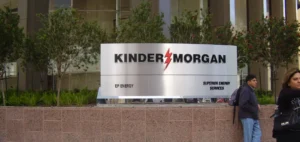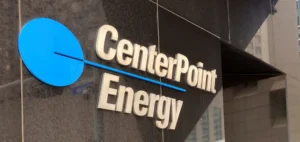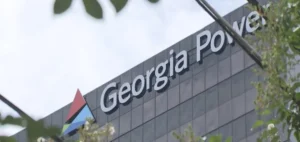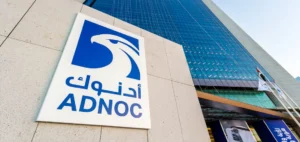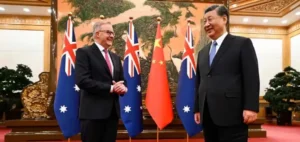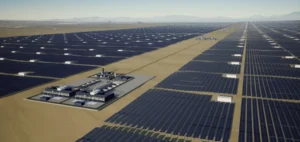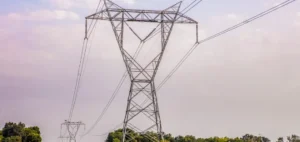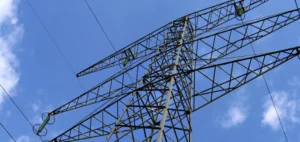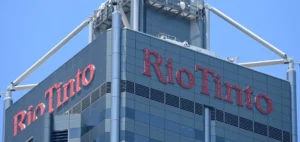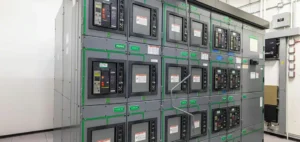Equinor is committing 12.6 billion USD in 2023 to its operations on the Norwegian continental shelf, with 94% of this expenditure allocated to contracts for the supply of industrial goods, technical services and other strategic services from local suppliers.
The Kunnskapsparken Bodø (KPB) report highlights the importance of these financial commitments for the Norwegian economy, particularly in the energy services and engineering sectors.
Exploration activities increased by 26%, reflecting intensified efforts to identify new deposits.
This trend is in line with Equinor’s strategy of maintaining stable energy production while aiming for a 50% reduction in CO2 emissions by 2030.
Geographical breakdown of investments and impact on employment
Equinor’s expenditure is spread across the whole of Norway, generating around 81,500 man-years in 2023.
These investments directly support employment in regions where economic opportunities are often limited, particularly in the construction, industrial maintenance and specialized technical services sectors.
For the first time, the report includes ongoing development projects, such as Johan Castberg, scheduled for commissioning at the end of the year.
These projects represent significant investments, with a total of 2.35 billion USD committed, consolidating the local economic fabric and national industrial capacities.
Financial indicators and tax impact
In 2023, Equinor will spend USD 7.8 billion on operating its offshore facilities.
Expenditure on exploration activities amounts to 724 million USD, while expenditure on onshore facilities totals 998 million USD.
These figures exclude tax contributions, although the company paid USD 26.2 billion in taxes to the Norwegian state in 2023, with projections of USD 19.6 billion for 2024.
The KPB report focuses on the immediate economic impact of Equinor’s operations, excluding indirect benefits from sales of energy products or dividends paid.
Current electrification projects are expected to reduce CO2 emissions by almost two million tonnes once completed, thus contributing to emission reduction targets while ensuring the company’s competitiveness on the international energy market.



